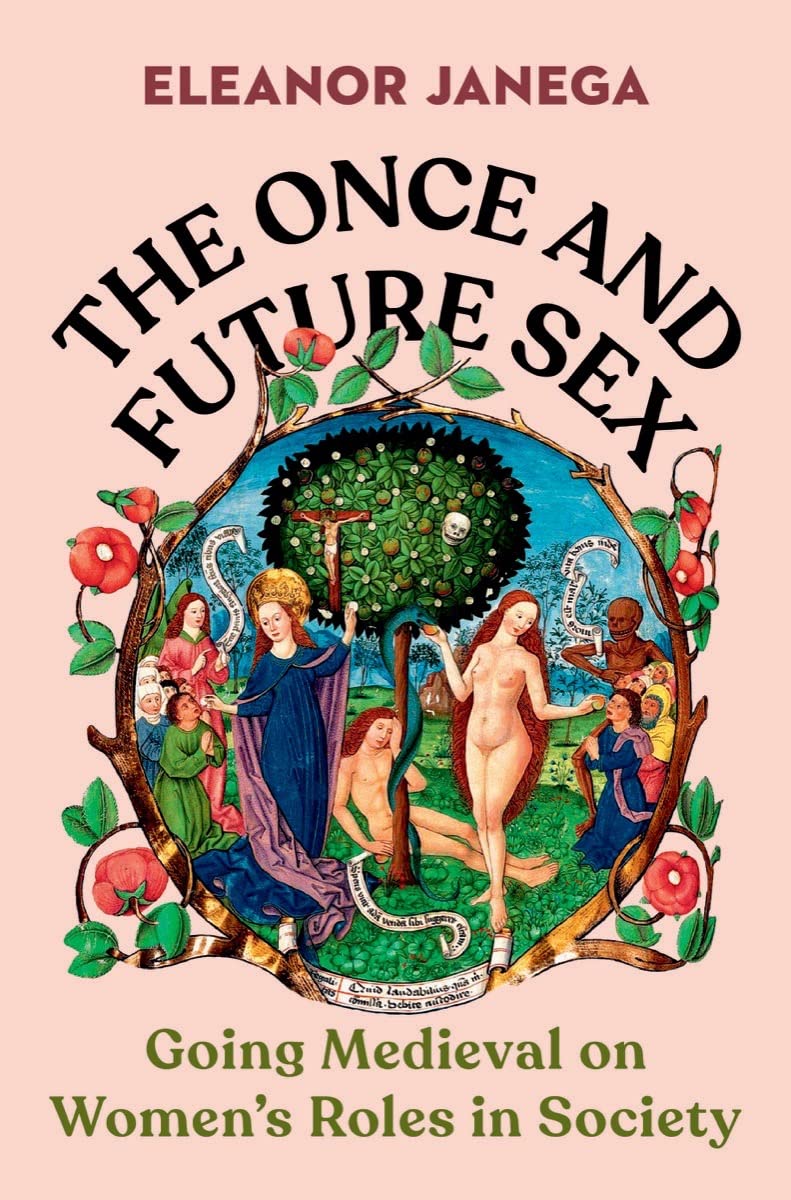
Women & Power: A Manifesto
Book Description
Power has always been a battleground, and women have fought silently from the shadows. In "Women & Power: A Manifesto," Mary Beard shines a spotlight on the historical and cultural forces that have shaped the dynamics of female authority. With incisive wit and profound insight, she dismantles the myths and barriers that continue to silence women's voices today. This is not just a call to action; it's a rallying cry against centuries of exclusion. As the tides of change rise, will society finally embrace the power of women, or will history repeat itself?
Quick Book Summary
"Women & Power: A Manifesto" by Mary Beard is a powerful exploration of the historical and cultural mechanisms that have excluded women from structures of authority. Drawing from ancient myths, literature, and her own scholarship as a classicist, Beard uncovers how female silence and marginalization are deeply ingrained in social norms. She examines the ways in which our language and cultural references perpetuate the invisibility or demonization of powerful women. The book connects these patterns from antiquity to modern politics and media, showing that the struggle for female authority is ongoing. Beard's manifesto challenges readers to reconsider their perceptions of power and urges the transformation of societal structures to make space for women’s voices and leadership.
Summary of Key Ideas
Table of Contents
Historical Exclusion of Women from Power
Mary Beard traces the roots of women's exclusion from power back to the classical world, highlighting how ancient stories and traditions established the norm of women being silent or invisible in public affairs. She discusses famous examples like Penelope in "The Odyssey," whose voice is literally silenced, illustrating how myth and history were used to justify and reinforce the marginalization of women across centuries. These patterns, Beard asserts, laid the groundwork for the structures and attitudes that persist today.
The Language and Symbols of Authority
The book then examines the language, imagery, and tropes associated with power—many of which are adorned with distinctly male characteristics. Beard points out how authority has been symbolically communicated through male bodies, voices, and clothing, making it difficult for women to access power without being seen as aberrant or unnatural. This symbolism not only shapes perception but actively limits women’s participation by framing them as outsiders in their own societies.
Public Voice Versus Private Silence
Beard analyzes the tension between women's public presence and the expectation of their silence. She references public reactions to women who speak out, whether in politics, media, or social spheres, noting a continuity of mockery, diminishment, or even threats faced by vocal women. Beard connects this back to contemporary examples where women suffer online abuse or public shaming, emphasizing that efforts to silence women are ongoing and culturally embedded.
Cultural Resistance to Female Leadership
The resistance to female leadership is further explored through historical and present-day reactions to women in power. Beard investigates how societies often portray powerful women as monstrous or threatening, invoking Medusa-like imagery to sway public opinion. She shows that such cultural resistance is less about individual capabilities and more about discomfort with altered norms and perceived disruptions of traditional male dominance.
Rethinking Power for Inclusivity
Finally, Beard calls for a reimagining of what power means and how it is distributed. Rather than simply opening existing male-dominated structures to women, she advocates for a transformation of the very concept of authority. Power, Beard argues, should be collaborative and inclusive, requiring new models that value different voices and experiences. Her manifesto ends with a vision of leadership not based on exclusion, but on collective empowerment and active redefinition of public space.
Download This Summary
Get a free PDF of this summary instantly — no email required.





